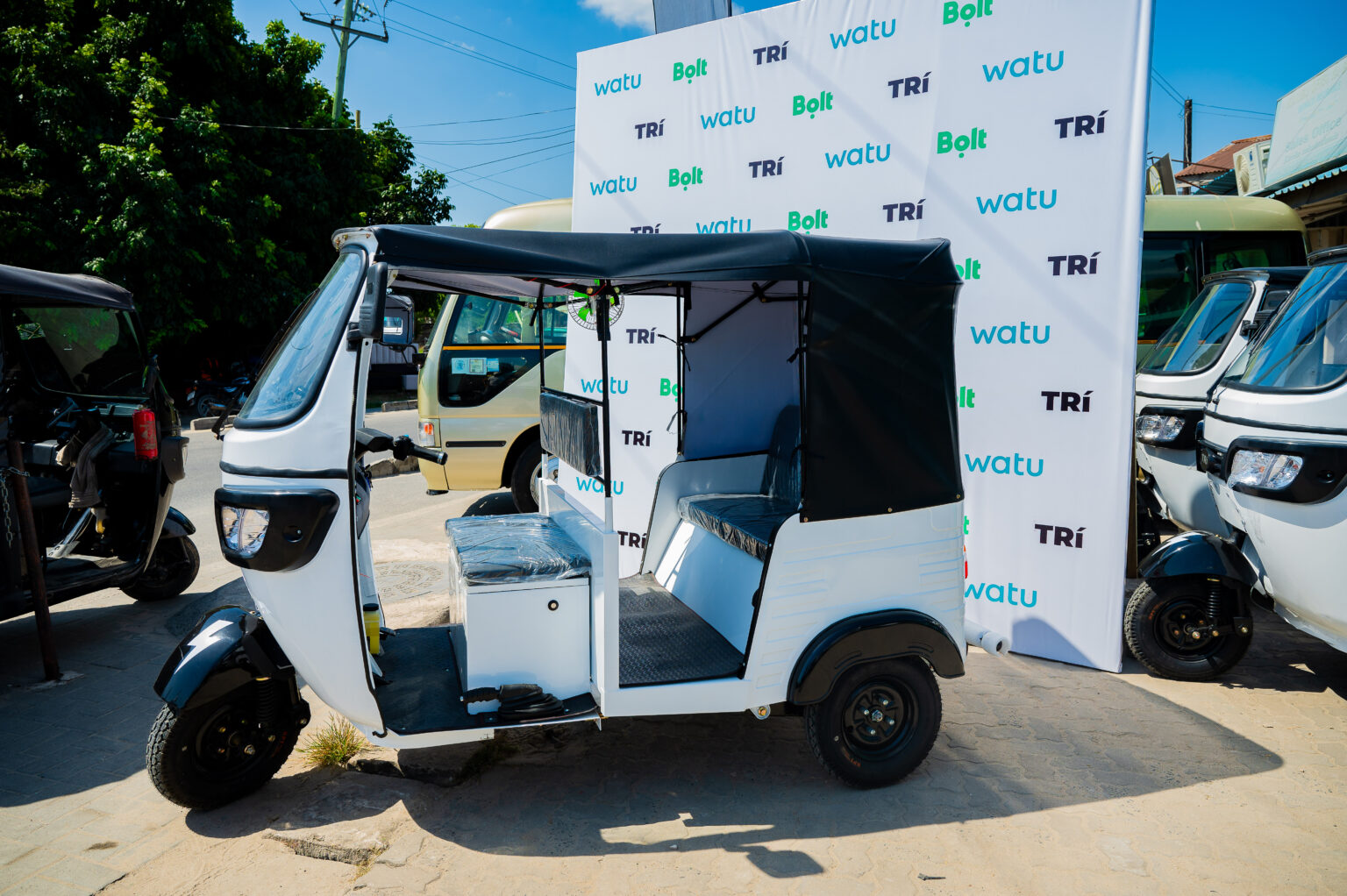- Bolt, TRÍ, and Watu have launched a pilot program in Tanzania to introduce electric Bajajis, aiming to enhance sustainable urban transportation and improve the economic well-being of drivers.
- This initiative reduces operational costs significantly, boosts driver earnings, and aligns with Tanzania’s green mobility efforts.
- The program includes comprehensive support and training for drivers, with plans for future expansion to foster broader adoption of eco-friendly vehicles.
In a move that is set to revolutionize Tanzania’s urban transportation, Bolt, TRÍ, and Watu Africa have joined forces to launch a pilot program featuring electric Bajajis. This collaboration not only promises to enhance sustainable mobility but also aims to improve the economic well-being of Tanzanian drivers.
As a leading ride-hailing platform, Bolt integrates electric Bajajis into its services, allowing drivers to seamlessly participate in this innovative program. This integration enhances operational efficiency and provides drivers with access to cost-effective vehicles, significantly increasing their earnings and financial stability.
Bolt platform is set to facilitate this transition, making it easier for drivers to adopt electric vehicles without disrupting their operations.
TRÍ, known for its expertise in electric vehicle manufacturing, contributes its cutting edge electric Bajajis to the program. These vehicles have been developed based on extensive driver feedback and have undergone rigorous testing, covering over a million kilometres to ensure reliability and performance. Designed to meet the specific needs of Tanzanian drivers TRÍ’s electric Bajajis offer a practical, sustainable, and economical alternative to traditional petrol-powered vehicles.
Watu, a critical player in asset financing solutions across Africa, ensures that the electric Bajajis are accessible to broad spectrum of drivers through affordable financing options. This approach not only empowers drivers to own their electric vehicles by paying off loans gradually but also fosters long-term financial security. By reducing the upfront costs, Watu makes electric mobility a viable option for more drivers, contributing to the broader adoption of sustainable transportation.
Economic and environmental benefits of electric Bajajis
The shift to electric Bajajis presents substantial economic benefits for drivers. A full charge costs approximately TSh2,900, compared to around TSh20,000 for the equivalent range in petrol, translating into savings for investors. These reduced operational costs directly increase driver earnings, offering a tangible financial incentive to adopt electric vehicles.
Moreover, electric Bajajis contribute to reducing carbon emissions and minimizing the environmental impact of urban transportation. This aligns with Tanzania’s broader efforts to promote green mobility and sustainable development. The government’s initiatives, such as the Tanzania Green Building Council’s projects, showcase the country’s commitment to environmental responsibility and energy efficiency according to the African Property Magazine.
Overcoming Adoption Challenges
Despite the evident benefits, the adoption of e-mobility in sub-Saharan Africa, including Tanzania, faces several challenges. These include inadequate infrastructure, high initial costs and limited awareness among potential users, an analysis on the Africa Energy Portal shows.
However, the pilot program addresses these hurdles by providing comprehensive support and training for drivers. This includes equipping them with the necessary skills to operate and maintain their new electric Bajajis, ensuring a smooth transition and sustained use.
Read also: How Tanzania is transforming to become Africa’s greatest transportation corridor
Future prospects and expansion
The pilot program, starting with an initial deployment of 25 electric Bajajis, is set to provide valuable insights for future refinement and expansion. The partners plan to grow the initiative, fostering new partnerships and innovative solutions that benefit drivers, customers, and the environment.
By welcoming all stakeholders to join the movement, the collaboration aims to spread awareness about the transformative potential of electric vehicles.
As Tanzania continues to embrace sustainable practices, the success of this program could serve as a model for other regions. The commitment to green mobility, coupled with supportive policies and financing solutions, positions Tanzania as a leader in the adoption of eco-friendly transportation options.
